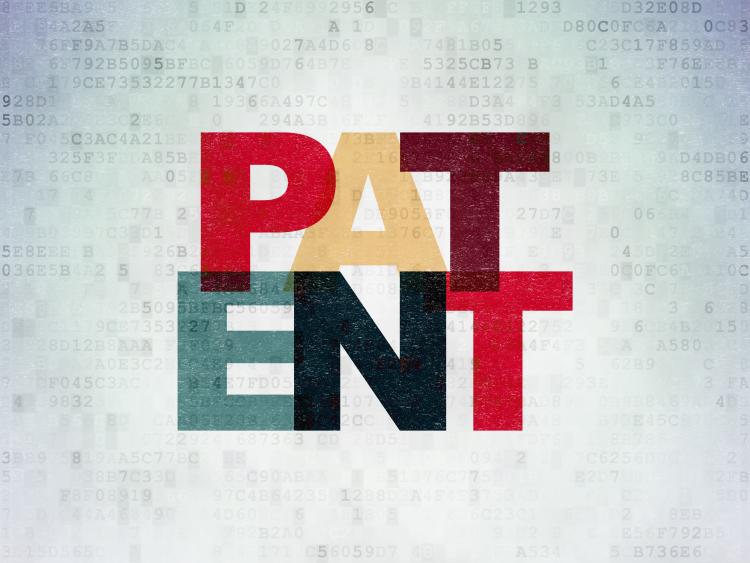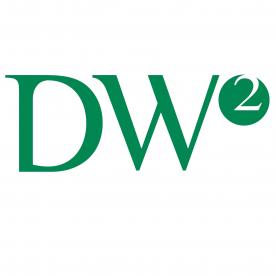
On July 26, 2024, the Court of King’s Bench of Alberta (the Court) released its decision in Bank of Montreal v 2093924 Ontario Inc, 2024 ABKB 457, finding that the doctrine of patent exhaustion prevented 1643434 Alberta Ltd. (164) from blocking the sale of its former property (the Wash Factory) to a competitor, Klair Group Industries Ltd. (Klair).
164 is the beneficial owner of Canadian Patent 2,767,610 (the 610 Patent) that, in addition to addressing methods for washing and servicing vehicles, protects the physical design of a vehicle wash facility and sets out a basic diagram of its layout. The Wash Factory is an Edmonton truck wash facility that was originally owned by 164 and built in accordance with the 610 Patent’s specifications. In 2016, 164 sold the Wash Factory to 2093924 Ontario Inc., including any patented subject matter that was physically incorporated into the property.
MNP Ltd. was later appointed as the Receiver for 2093924 Ontario Inc. and, after a series of negotiations, entered into an agreement for the sale of the Wash Factory to Klair, the owner of a competing truck wash service. The Receiver applied for court approval of the transaction, which was opposed by 164 on the basis that the 610 Patent prohibited Klair from operating the Wash Factory as a truck wash without first executing a licensing agreement with 164.
The Court was not convinced by 164’s argument and found that the doctrine of patent exhaustion applied in this matter. Although the Court could not find any jurisprudence where the doctrine applied to realty rather than personal property, the Court saw “no reason in principle why the rule should operate differently in this context.” This led the Court to conclude that by virtue of its sale to 2093924 Ontario Inc., 164 renounced its exclusive right to control the patented facilities and methods comprising the Wash Factory.
With there being no other applicable restrictions on 2093924 Ontario Inc., the Court ultimately found that it was free to sell the Wash Factory to Klair and granted the Receiver’s application.
Summary By: Claire Bettio
E-TIPS® ISSUE
Disclaimer: This Newsletter is intended to provide readers with general information on legal developments in the areas of e-commerce, information technology and intellectual property. It is not intended to be a complete statement of the law, nor is it intended to provide legal advice. No person should act or rely upon the information contained in this newsletter without seeking legal advice.
E-TIPS is a registered trade-mark of Deeth Williams Wall LLP.
